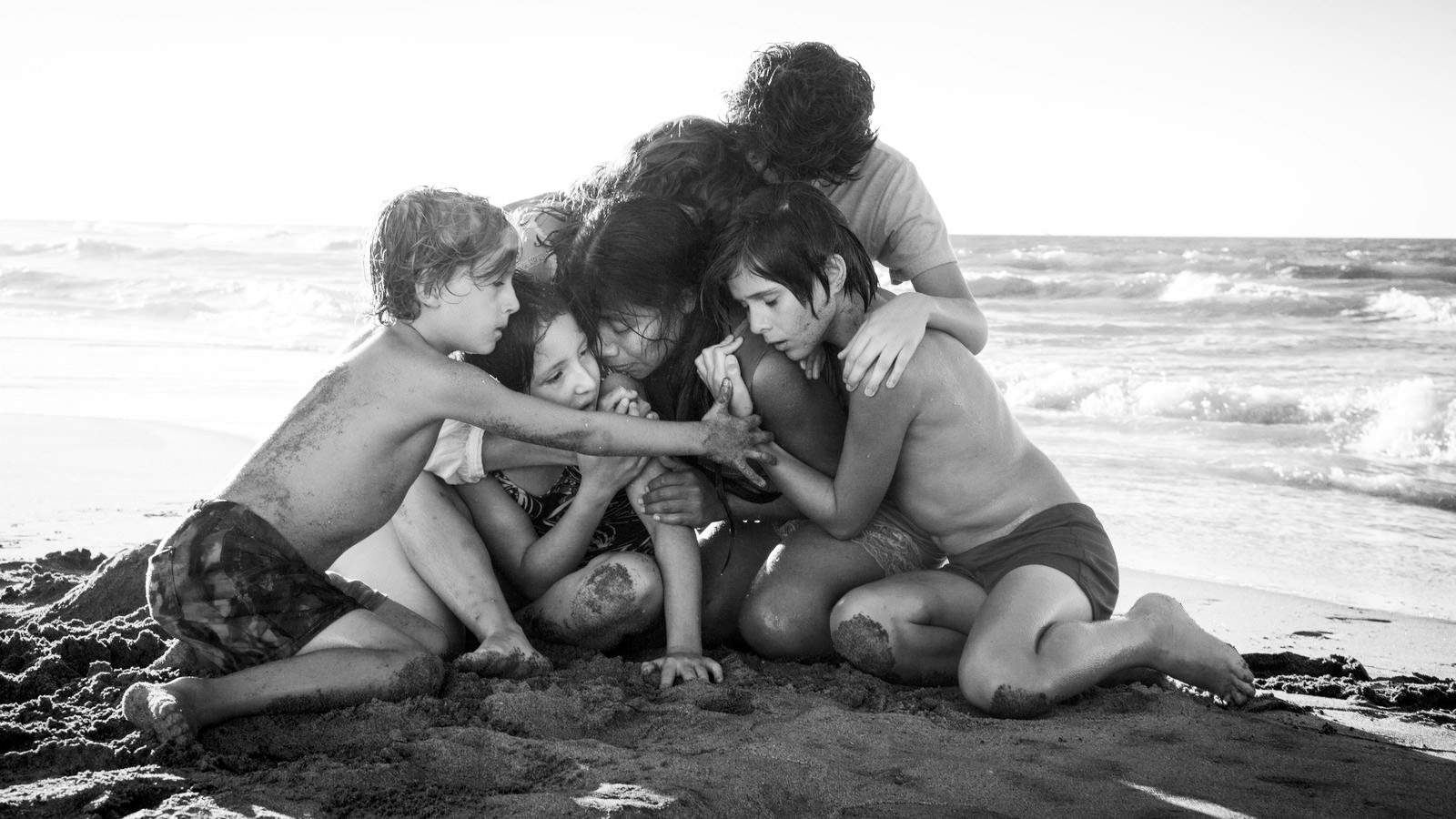“Roma,” from director Alfonso Cuarón, is a masterful exploration of the complexity of life’s trials and joys, insightfully presented through the lens of a 1970s Mexican family. This film, in its deceptively simple yet emotionally resonant storytelling, is a triumph not only for its director but also for Mexican cinema as a whole.
“Roma” is a meditative, deeply personal film from Cuarón, who not only directed but also wrote, shot, and co-edited the film. He draws heavily on his own childhood experiences, and his familiarity with the intricate world he’s recreating is palpacious throughout the film. The cinematic landscape is meticulously crafted, with each frame drenched in the director’s labor of love and attention to detail.
Set in the Colonia Roma neighborhood of Mexico City, the ominous threat of earthquakes is mirrored by the instability within the family’s home, with parallels drawn between the personal, societal and natural turmoil. The film centers on the story of Cleo, beautifully portrayed by first-time actress Yalitza Aparicio, a live-in housemaid for a middle-class family who becomes pregnant. She is the quiet, heartbeat that carries the narrative, her world a microcosm reflecting the much broader world outside.
Cuarón, through Aparicio’s nuanced and moving portrayal of Cleo, explores complex themes, showcasing layers of socio-economic divide, women’s struggles, and political conflict. Despite these issues, the film refrains from overtly political or social commentary, instead focusing on the human, emotional core of the story. Cleo, despite her hardship, embodies resilence, and her story is one of endurance and heroism.
Shot in stark, stunning black and white, the film has an intimate feel that brings Cleo’s world—both her personal experiences and the larger societal context—to life. Cuarón’s own cinematography is a spectacle in itself, with the monochrome palette providing an almost dreamlike quality to the images. The choice to film in black and white may have seems risky, but in “Roma,” it proves itself to be entirely appropriate, accentuating the raw reality of every scene and emotion.
One of the most striking features of “Roma” is its sound design. The use of Dolby Atmos enhances the depth of the film’s ambiance, creating an almost immersive experience for the viewer. The sound ebbs and flows with the events onscreen and ensures that we are there, experiencing the rush of city streets, the crash of the sea, the silence of grief, right alongside Cleo.
However, what truly sets “Roma” apart is Cuarón’s storytelling ability. The narrative unfolds with a gentle gravity, a tale not driven by conventional dramatic arcs but the ebb and flow of life itself. Cuarón beautifully captures the simplicity within the complex, from gentle acts of kindness to heartrending scenes of loss.
Despite its weighty themes, “Roma” is incredibly accessible. The humanity in Cleo’s story transcends borders and economic divisions, offering a universal message of love, loss, and perseverance, and a reminder that behind every face on the street, a tale as nuanced and intricate as the one in “Roma” could be unfolding.
Unfortunately, Netflix, the film’s distributor, didn’t granted it the prolonged theatrical release it deserves, a detriment to viewers who may not get to experience the cinematographic and auditory grandeur of “Roma”. Nevertheless, its presentation does not diminish the film’s power.
Like a heartfelt poem, “Roma” is an absolute masterpiece that demands to be seen and felt. Alfonso Cuarón has truly embraced complexity in a way that is rarely seen in cinema, delivering a touching homage to his childhood nanny and all the unnoticed heroes like her.
In the end, “Roma” is an artful testament to the remarkable power of simple, honest stories—the sort of stories that reflect the very essence of humanity. It is a profound, personal, and poignant film that is emphatically worth the emotional investment.
Embracing Complexity and turning it into a visual journey that the viewer can relate to, Alfonso Cuarón has crafted a touching tribute exploring highly sensitive themes in a profoundly beautiful way. To say the least, “Roma” is a film-making experience that will linger long after the credits roll.



